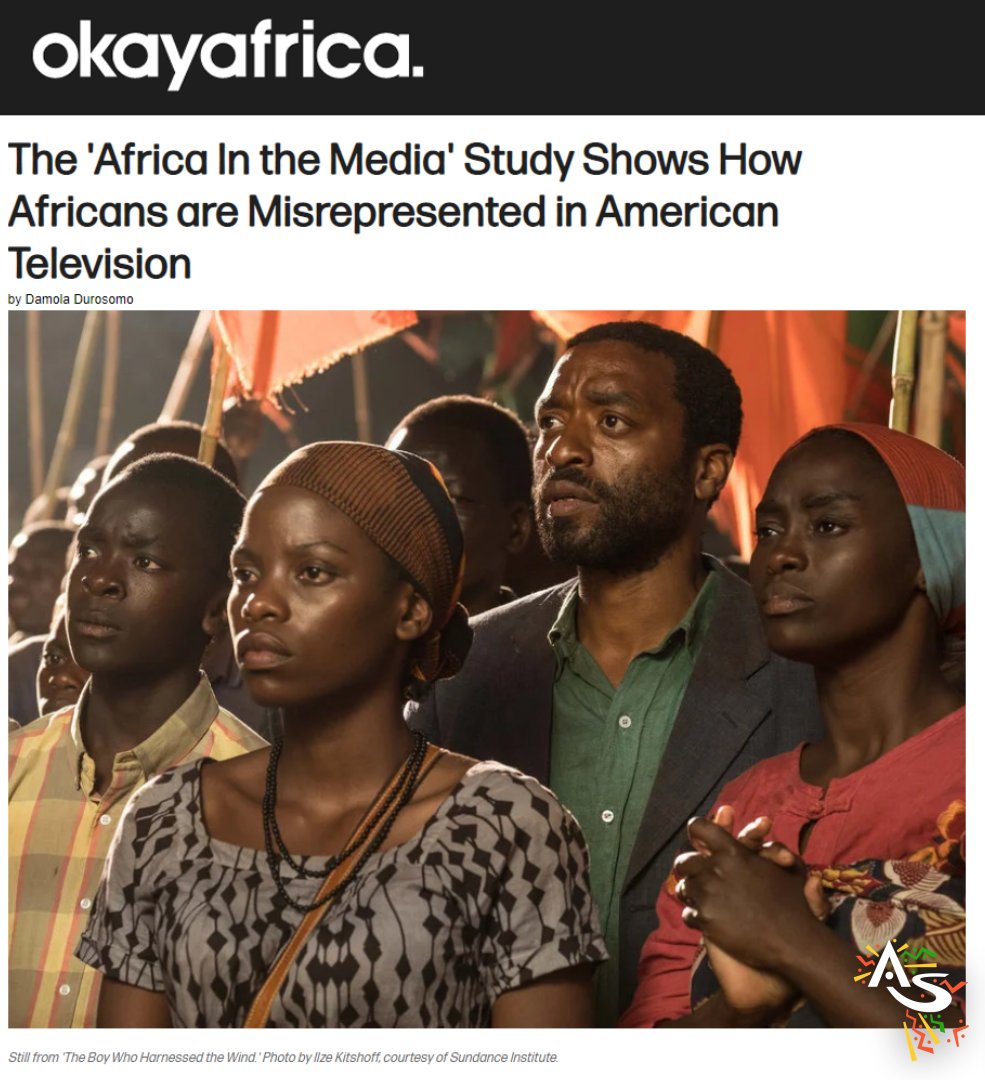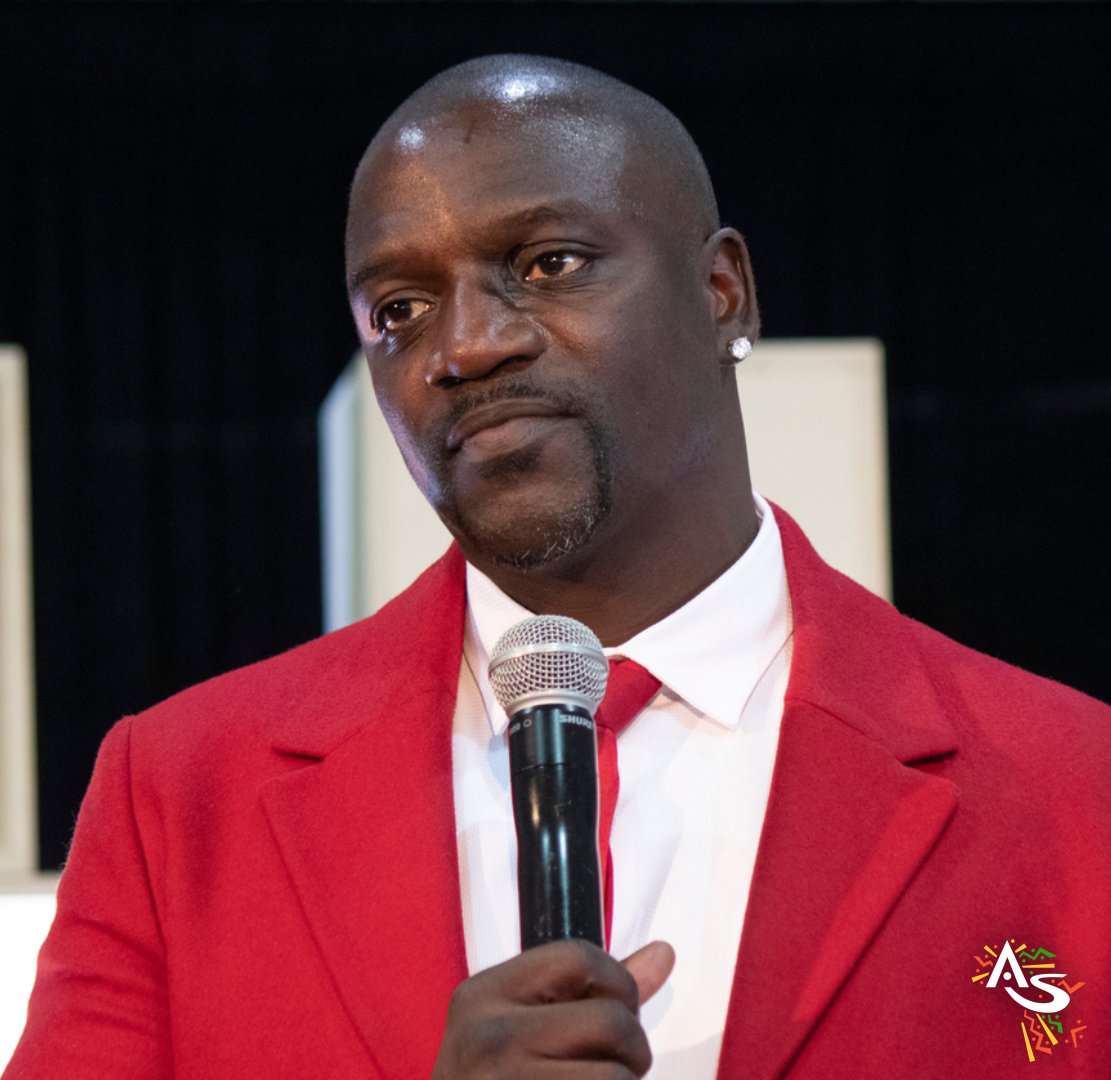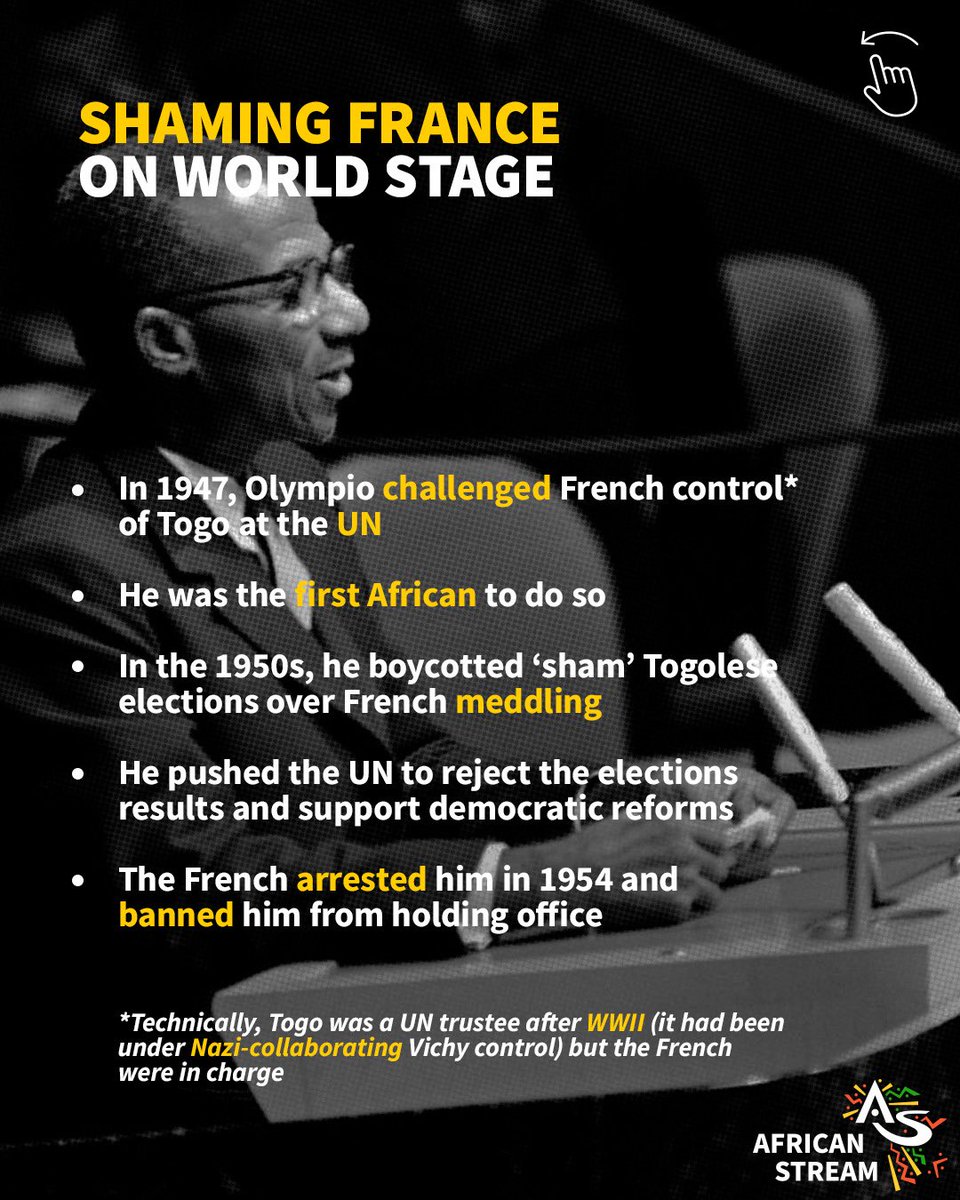THREAD 🧵
West Africa gets pretty bad coverage in the mainstream media - it’s all Monkeypox, coups and conflicts!
And that includes Senegal.
#Senegal #African #Africa #westafrica #panafricanism
West Africa gets pretty bad coverage in the mainstream media - it’s all Monkeypox, coups and conflicts!
And that includes Senegal.
#Senegal #African #Africa #westafrica #panafricanism

But Senegal’s actually never had a coup and never waged war against its neighbours.
It’s one of the safest places you can visit.
It’s one of the safest places you can visit.

Did you know that it will become the first African nation to host an Olympic event?
The Youth Olympic Games are coming in 2026 - an 18-day bonanza featuring 35 sports.
The Youth Olympic Games are coming in 2026 - an 18-day bonanza featuring 35 sports.

Contrary to popular belief football isn't Senegal's most popular sport - It's wrestling. Sorry Mane! 

The country has 7 UNESCO sites. These include a national park, a bird sanctuary and Africa’s own Stonehenge - known as the stone circles of Senegambia. 

Senegal also has a pink lake!
Lake Retba boasts this unique colour thanks to its high concentration of salt.
Lake Retba boasts this unique colour thanks to its high concentration of salt.

There is an annual pilgrimage in Senegal that attracts over a million West Africans. Known as the Hajj of Senegal, Magal Touba is the event. It occurs every October in the city of Touba. 

Senegal has a very rich musical heritage, reflecting the diversity and history of its people.
If you didn’t know already - acclaimed artist and songwriter Akon is Senegalese.
If you didn’t know already - acclaimed artist and songwriter Akon is Senegalese.

Outside of music, @Akon has returned home and set up a solar-energy project providing power for millions of Africans in more than 15 countries.
Legend!
Legend!

• • •
Missing some Tweet in this thread? You can try to
force a refresh






















